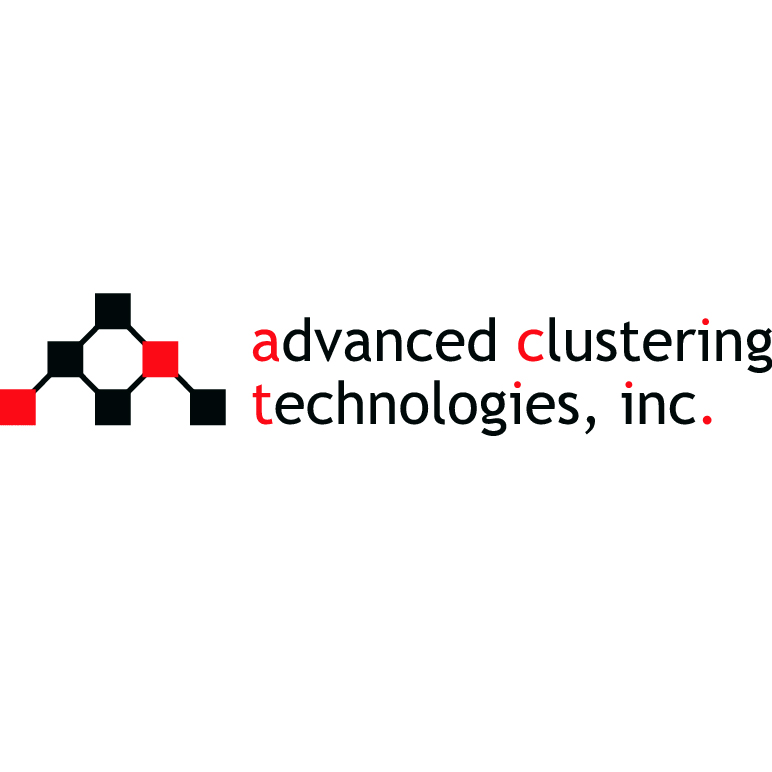 Advanced Clustering Technologies, Inc., updates its HPC ecosystem with the newly released Intel Xeon E5-2600 v2 (Ivy Bridge) processors. The refreshed models include Advanced Clustering’s exclusive Pinnacle Flex 1U and 2U half-width compute blades, a 2U and a 3U server, all designed to showcase the performance enhancements of Intel’s latest processors. Also included in this update are their Horizon workstations that take advantage of the improvements the new processors bring to provide a complete line of solutions to high performance computing needs.
Advanced Clustering Technologies, Inc., updates its HPC ecosystem with the newly released Intel Xeon E5-2600 v2 (Ivy Bridge) processors. The refreshed models include Advanced Clustering’s exclusive Pinnacle Flex 1U and 2U half-width compute blades, a 2U and a 3U server, all designed to showcase the performance enhancements of Intel’s latest processors. Also included in this update are their Horizon workstations that take advantage of the improvements the new processors bring to provide a complete line of solutions to high performance computing needs.
Advanced Clustering’s latest models feature a 20% performance gain through the additional cores and faster memory that Intel’s E5-2600 v2 processors provide. “Intel continues to provide world-class CPUs for our high performance computing clusters that our customers demand,” said Kyle Sheumaker, CTO of Advanced Clustering. “The result is better science done in shorter time intervals that can lead to breakthroughs in the areas of drug discovery, weather prediction, bringing new products to market sooner, ground-water mapping, and oil and gas exploration, and our latest line of Pinnacle servers are built to meet these expectations.
In exhaustive testing that Advanced Clustering conducted with the new Xeon E5-2600 v2 processors, the performance gains over the previous generation E5-2600s were immediately seen. In addition to offering up to 20% more cores, memory bandwidth showed an increase of 25% percent from their Sandy Bridge predecessor. And all of these improvements come in at the same price as their Sandy Bridge counterparts. These new processors are also compatible with existing systems so that upgrades are as simple as a drop-in replacement which eliminates the need for costly system changes. Early indications show that these new processors will be in great demand as the need for more performance with fewer resources available continue to drive the need for computational capabilities.




